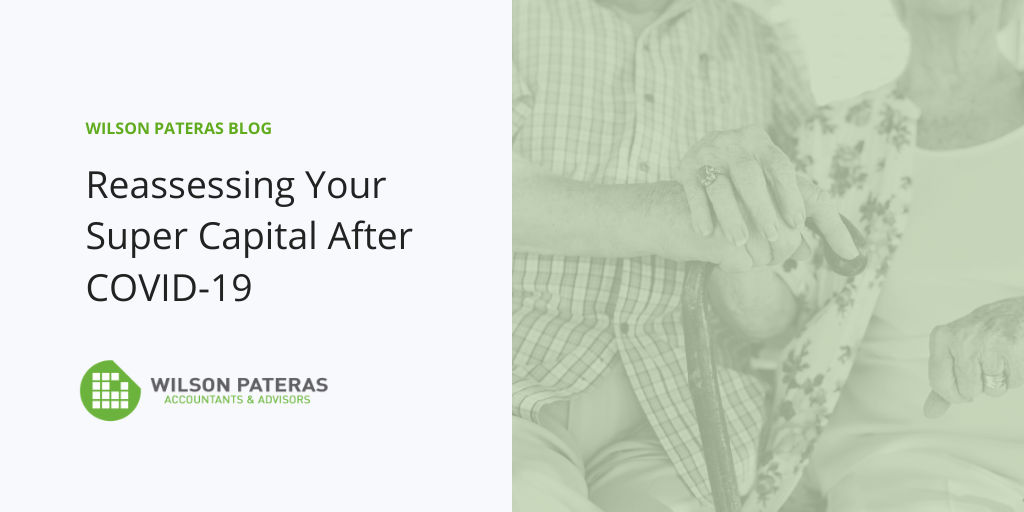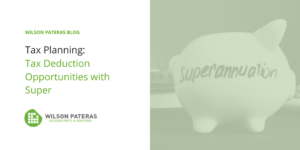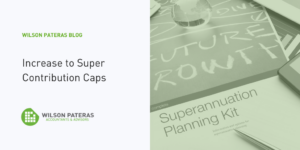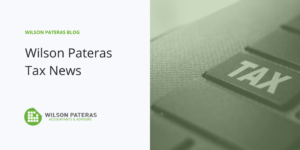
The impact of COVID-19 on investment markets has had an inevitable flow-on effect to superannuation funds, including self-managed super funds (SMSFs).
It is important for all retirees and those nearing retirement to reassess their super and how to fund their retirement years in light of this significant development. While younger Australians have time on their side for their super balances to recover, older Australians don’t.
How COVID-19 has affected super balances
Many Australians who have monitored their super balances since the onset of the COVID-19 pandemic will have noticed that they have fallen. Some funds (including SMSFs) have been more heavily impacted than others, depending on their mix of investments.
Global share markets dropped by between 15 and 20% during March 2020, significantly impacting the performance of super funds over the past year, even though most markets have since made some recoveries.
Property prices have also fallen in many commercial real estate markets in Australia since the onset of COVID-19. These assets account for almost 8% of the balances of Australian super funds.
SMSFs also aren’t immune to property market downturns, as they are able to directly invest in both residential and commercial property. Residential property prices have fallen in most Australian real estate markets, with some markets (for example, Melbourne) more affected than others.
The balances of super funds (including SMSFs) with significant property assets are therefore likely to have been affected by the economic impact of COVID-19.
The impact of falling super balances on retirement income
One of the problems of falling super balances is that it affects the income streams that many Australian retirees rely on. Generating retirement income has become more challenging as share, property and fixed interest markets have all taken a COVID-19 tumble.
For example, many retirees who were relying on share dividends as part of their super income stream have quickly found that this income is not guaranteed. The profits of many companies are likely to be affected until the pandemic is over, with companies in some industries (for example, travel) being more impacted than those in others (for example, major online retailers or service providers). This will inevitably impact share prices and dividends.
Similarly, the immediate impact of COVID-19 on both the commercial and residential property markets has been a general fall in rental yields and a rise in tenant vacancies.
In addition, interest rates have dropped by the Reserve Bank twice since the onset of COVID-19, meaning there is minimal return on fixed interest investments. Interest rates in Australia are currently at record lows and are likely to remain that way for at least the next three years.
Changes to minimum super drawdown requirements
The federal government has recognised the impact of the general fall in super balances due to COVID-19. It has temporarily reduced the minimum drawdown requirements for account-based super pensions or annuities for the 2019-20 and 2021-21 financial years.
This reduction reduces the pressure on retirees to sell super investment assets when their value may have dropped. Minimum drawdown requirements have been reduced by 50%, as outlined in the table below.
| Retiree age | Previous minimum drawdown rate | Revised minimum drawdown rate |
| Under 65 | 4% | 2% |
| 65 – 74 | 5% | 2.5% |
| 74 – 79 | 6% | 3% |
| 80 – 84 | 7% | 3.5% |
| 85 – 89 | 9% | 4.5% |
| 90 – 94 | 11% | 5.5% |
| Over 95 | 14% | 7% |
Similar changes to the minimum super drawdown rates were implemented during the global financial crisis (GFC) and its aftermath between the 2008/2009 and 2012/2013 financial years.
If you can afford to preserve more of your super capital by only withdrawing the revised minimum drawdown amount, you will have more funds available when and earning you a return when the market eventually recovers.
COVID-19 early release of super
The federal government has also allowed eligible Australians to access up to $20,000 of their super early due to COVID-19. One of these withdrawals have to be made before June 30 this year and the other $10,000 can be made before the end of the year.
Normally you can’t access your super until you reach your preservation age and you meet a condition of retirement, such as retiring from the workforce. Your preservation age is between the ages of 55 and 60, depending on your date of birth.
Obviously, any amount you withdraw early from your super as a lump sum reduces your balance and your super earnings. However, the impact is more severe for younger people, as illustrated in the table below. This table shows the potential impact of withdrawing the full $20,000 available under the COVID early release of super scheme, assuming a preservation and retirement age of 60.
Reviewing your investment options in your super fund
If you are a member of a retail, corporate, industry or public sector super fund, you should review your investment mix in light of COVID-19’s impact on investment markets. Most super funds offer a range of investment options with differing levels of risk. The lower the risk, the higher the potential return and vice versa.
Ideally, you should have a lower-risk investment portfolio if you are retired or nearing retirement.
Reviewing your SMSF investment strategy
If you are a member of an SMSF, you will also be a trustee of your fund. One of your obligations as a trustee is to ensure your fund has a documented investment strategy that is at least annually reviewed. Again, in light of the significant changes to the investment environment as a result of COVID-19, your next review should include a detailed analysis of your current investments and options.
How we can help
A lot of retirees are asking: how will I survive in retirement? Will Australian shares increase their dividends to ‘pre-covid’ levels? Will the government consider winding-back franking credits to save money to reduce government debt?
As a result of these questions, and other concerns some investors have or are tempted to move capital from cash or property into other income generating assets without considering the implications or knowing if it will assist them to meet their objectives.
It is important to have a flexible plan and seek professional advice for your retirement, so please speak to our Financial Advisors before making any decisions. Our experienced team of advisors at Wilson Pateras in Richmond can help you with your retirement planning, including if you have (or would like to set up) a self-managed super fund.
Contact us to find out how we can help you.





